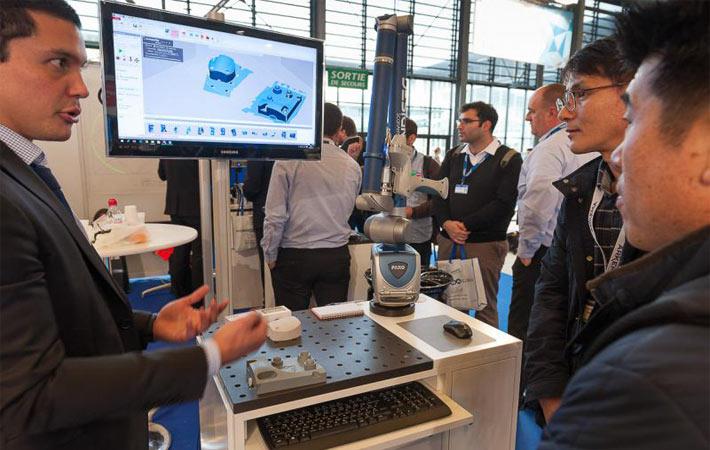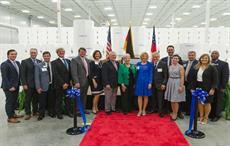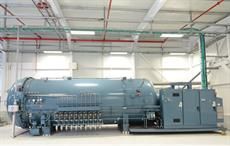
"JEC Group strategy towards composites end-users appears to be truly appropriate when we notice all these industries represented in this list of winners. One can only notice that composites are now fully part of our everyday life and it is just the beginning," said Frédérique Mutel, JEC Group president & CEO.
The Ultra-high-performance cementitious composites (UHPC) The UHPC developed by the Korea Railroad Research Institute (KRRI) won the Railway category. KRRI adopted an innovative design concept that incorporates proper coarser fine aggregates without sacrifice of mechanical properties. In the Transportation category, the Carbon Mini Tank by Omni Willig Carbon GmbH (Germany) bagged the award. This tank can be mounted on road trucks or trailers along with a specialised dangerous goods fit out, for use as road transport tankers.
Germany-based Daimler AG won the Automotive category with the multifunctional carbon SMC spare wheel pan. Carbon SMC is an efficient and economical route providing excellent cost ratios due to rapidly decreased cycle times and related costs, together with low scrap rates and net-shape geometries. In the Racing Car category, Epotech Composite Corporation from Taiwan won for its lightweight body structure design.
The hybrid SMC technology for aircraft applications by Composite Technology Centre won for features including low cost, full automation, high production rates, function integration and new designs with complex shapes. In the Wind Energy category, Arkema (France) won for the manufacturing process using infusion thermoplastic resin for wind turbine blade. The modular blade design is a feasible and efficient concept.
The thin-ply carbon CNF with visual stitching applied to an innovative windsurf board by Chomarat (France) won the Sports and Leisure category. C-Ply is a NCF multiaxial carbon reinforcement comprised of stitched plies that allow precise tailoring of the fibre angles in the load directions. The composite sandwich panel for modular construction by Logelis (France) emerged winner in the Construction category. The construction system is highly innovative and allows fast, high-quality construction due to the use of sandwich panels (2.80x1.25x0.16m) that combine composite skins with a polyurethane foam core.
The carbon fibre/Kevlar hinge system of Talon Technology Pty Ltd. (Australia) won the Marine category while the single-wall nanotube-based industrial predispersed concentrate by OCSiAl (Luxembourg) won the Raw Materials category. The carbon/Kevlar hinge uses advanced composite materials in a very unusual way that creates a high-strength, lightweight and extremely durable hinge that is also corrosion resistant and maintenance free. OCSiAl’s Tuball nanotubes are the first single-wall carbon nanotubes available for commercial applications in a wide range of industries.
R-TECH Services Ltd. (UK) won the NDT and Monitoring category for its acoustic emission system for the assessment of hydrogen tanks for fuel cell vehicles Textile For Life Co., Ltd. (South Korea) won the Process category for industry 4.0 robotic braiding factory. R-TECH Services Ltd. and its partners developed a continuous monitoring system for detecting damage in Type III hydrogen storage vessels for hydrogen fuel cell vehicles. T4L developed the world's first propeller shaft produced by CFRP braiding in 2015. (RR)
Fibre2Fashion News Desk – India

